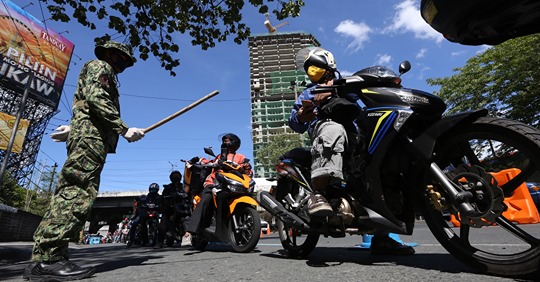Metro Manila, Rizal, Laguna, Cavite, and Bulacan will be placed under modified enhanced community quarantine (MECQ) from Aug. 4 to 18 after President Rodrigo Duterte heeded the medical community’s appeal for a “timeout” following the surge in COVID-19 cases. These places account for two-thirds of the country’s economy. Now that they’re under MECQ again, how will this affect the economy?
“In the short run, the return to MECQ may negatively affect livelihoods, consumer demand, and production. However, if the time is used to boost all our medical resources and to prevent further spread of the virus, then the MECQ will be positive for the long haul,” says Finance Secretary Carlos Dominguez III.
Despite economic indicators improving in June, the latest data shows that the purchasing managers’ index (PMI) worsened in July after slipping to 48.4 from 49.7. A PMI below the neutral 50-mark shows a year-on-year drop in manufacturing activities. David Owen of London-based global information provider IHS Markit Ltd. says that June’s PMI numbers was supposed to be a sign of recovery but production levels contracted in July, including a drop in new orders for the fifth month in a row.
“Jobs are also a long way from returning to pre-COVID-19 levels, with latest data signaling a steep fall in employment again in July. With unused capacity still apparent amid a fall in outstanding orders, it could be a while before firms bolster their payroll numbers,” says Owen.





